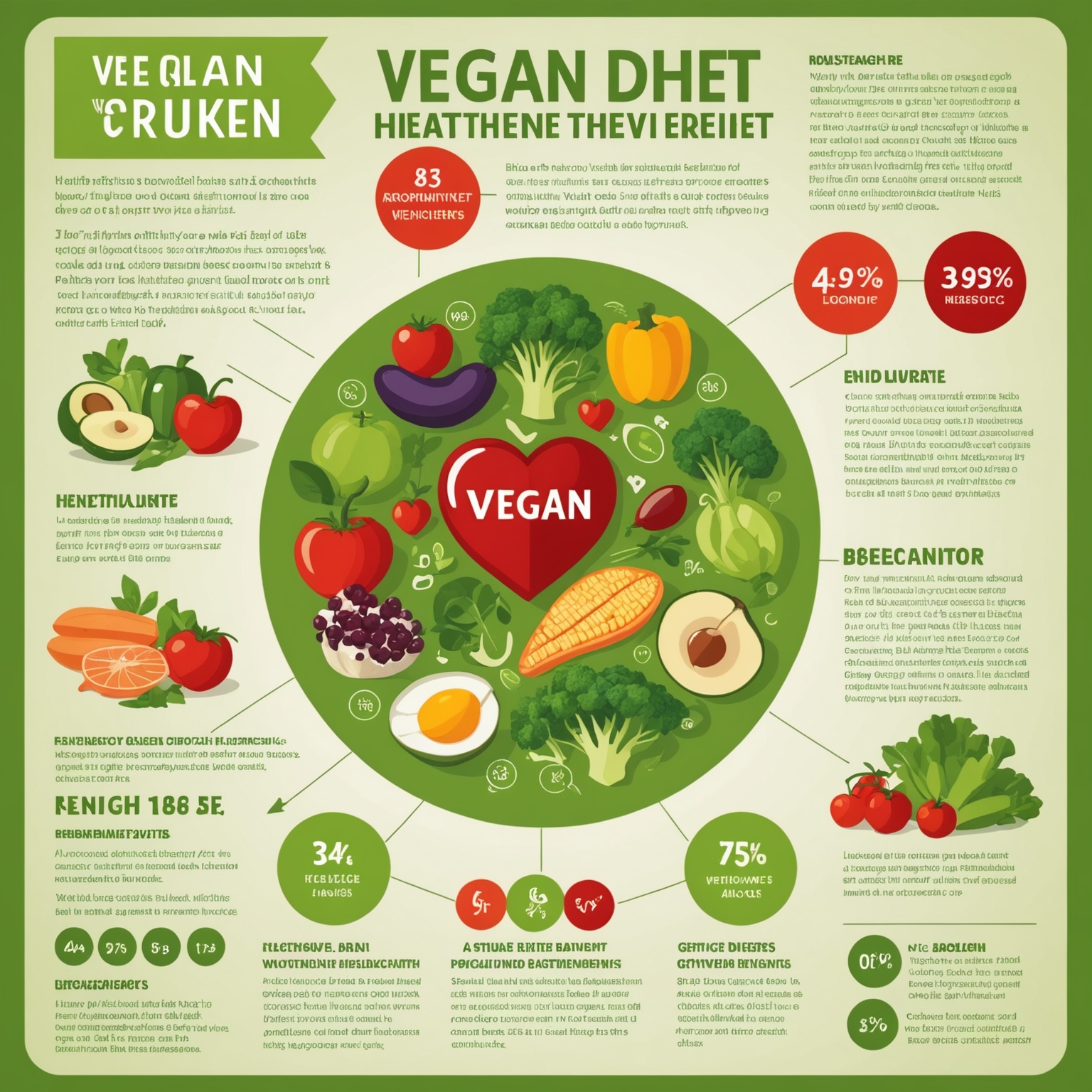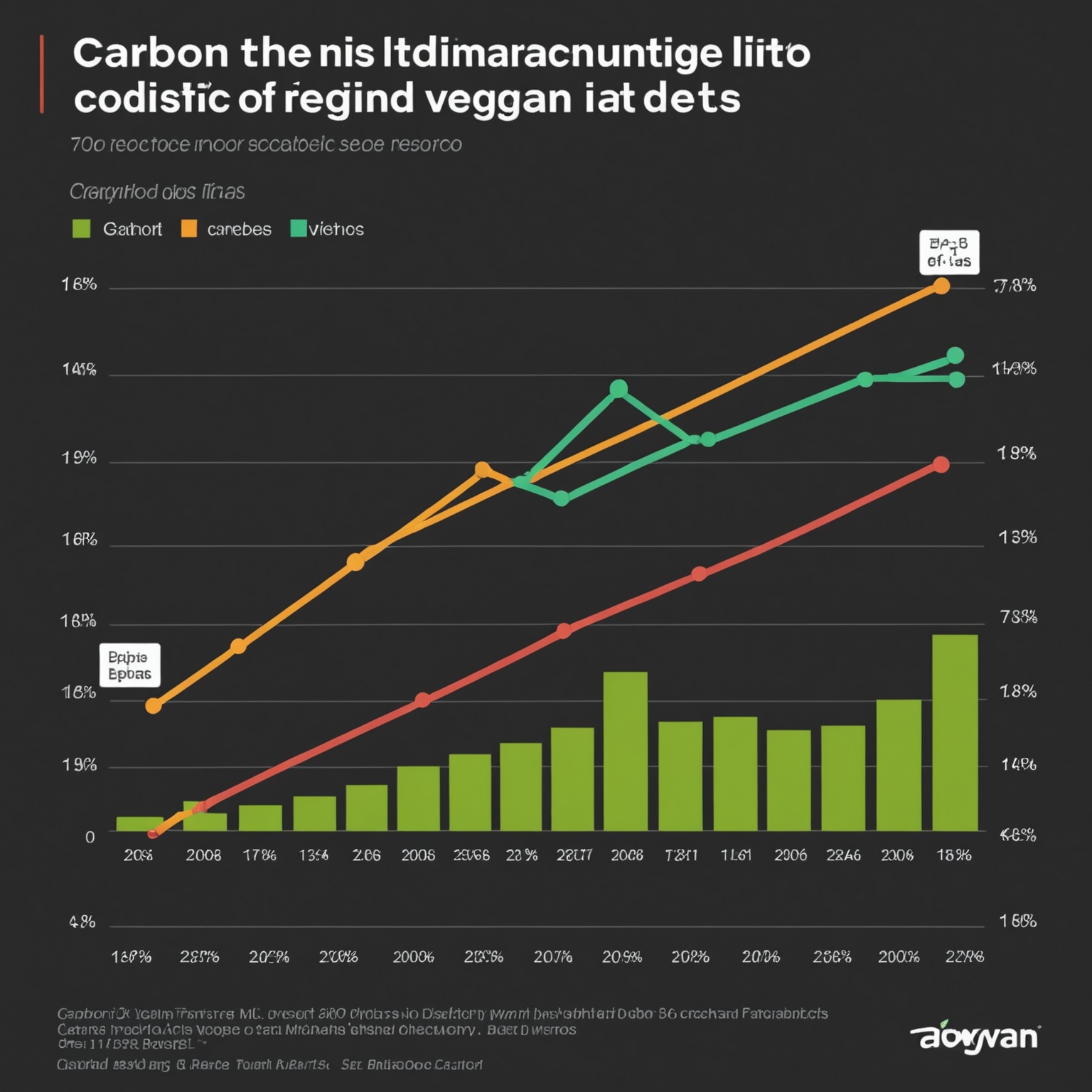Rise of Veganism: A Health and Environmental Perspective

Rise of Veganism: A Health and Environmental Perspective
As the world becomes more health-conscious and environmentally aware, the vegan lifestyle is gaining unprecedented popularity. This comprehensive article examines the multifaceted benefits of veganism from health improvements to environmental sustainability.
Health Benefits of Veganism
Adopting a vegan diet offers a myriad of health advantages. Studies have shown that vegan diets are rich in dietary fiber, vitamins, and minerals while being low in saturated fats. This section explores how a vegan diet contributes to heart health, weight management, and reduced risk of chronic diseases.

Vegans often experience lower cholesterol levels, decreased blood pressure, and improved blood sugar control, making it an effective diet for combating lifestyle-related diseases. Furthermore, the absence of meat and reduced consumption of processed foods in a vegan diet can lead to better overall health and longevity.
Environmental Impact of Veganism
The environmental benefits of a vegan lifestyle are equally compelling. This section discusses how reducing meat and dairy consumption can lead to lower greenhouse gas emissions, reduced water usage, and less deforestation.
Animal agriculture is a major contributor to greenhouse gases, with livestock farming alone accounting for a significant percentage of methane emissions. By choosing plant-based alternatives, vegans help reduce the demand for animal farming, which in turn lowers the carbon footprint.

Moreover, veganism promotes biodiversity as it discourages deforestation for grazing and feedcrop. It also conserves water since plant-based foods generally require less water to produce compared to animal products.
Social and Economic Considerations
While the health and environmental benefits are often highlighted, the social and economic implications of veganism are also significant. This section examines how veganism can influence global food security, economic stability, and ethical considerations in food production.
Adopting a vegan diet can play a crucial role in addressing global food shortages by improving the efficiency of resource use. Plant-based diets require less land, water, and energy compared to diets heavy in animal products, potentially feeding more people with fewer resources.

Furthermore, the shift towards veganism can stimulate local economies by promoting crop diversity and plant-based food industries, creating new job opportunities and supporting sustainable agricultural practices.
In conclusion, the rise of veganism is not just a dietary trend but a movement towards a healthier, more sustainable, and equitable world. By understanding the comprehensive benefits of a vegan lifestyle, individuals can make informed choices that benefit both themselves and the planet.







